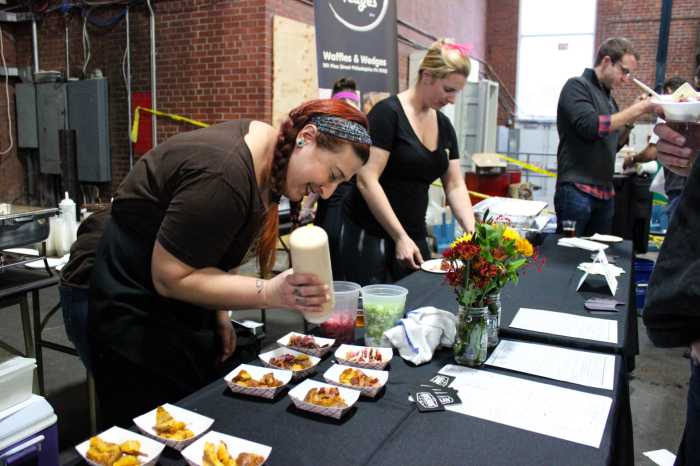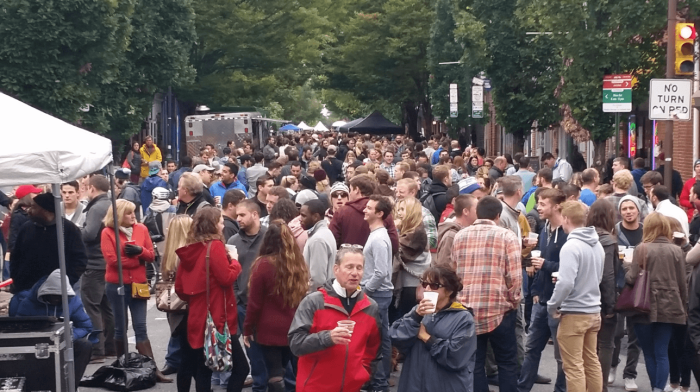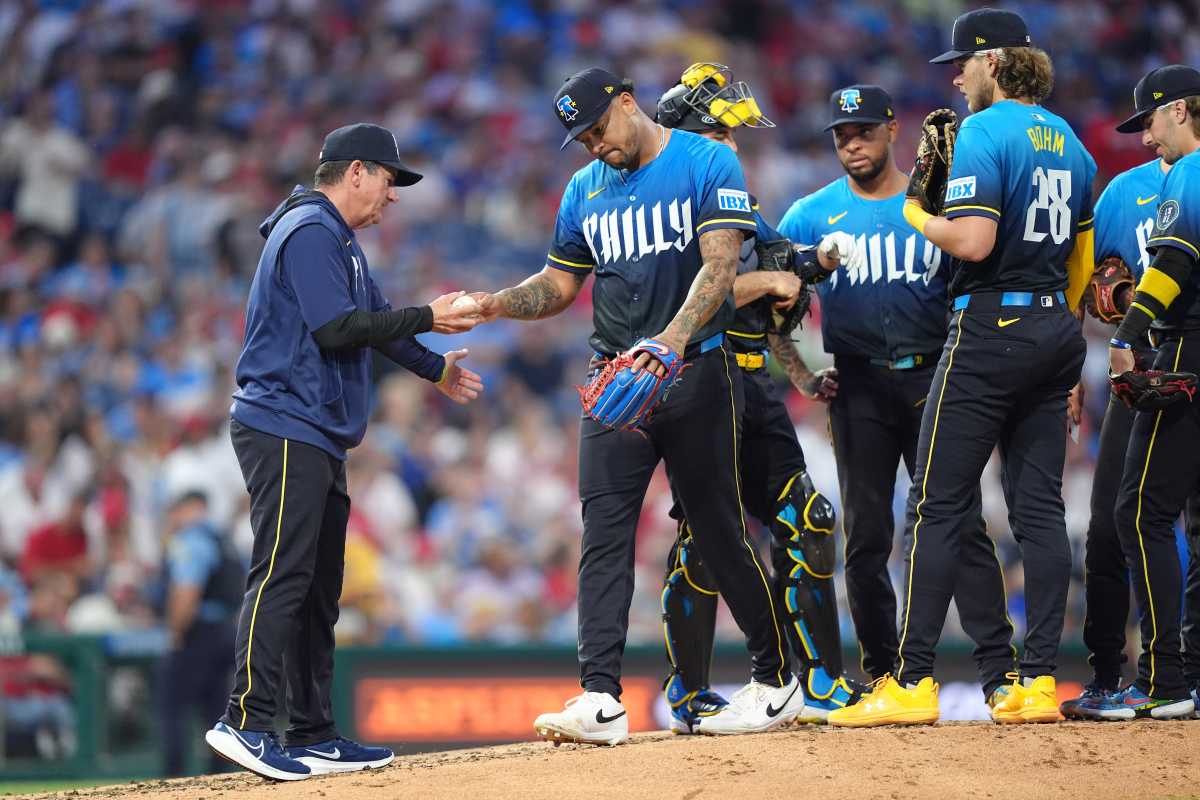Disclaimer: The very sight of beer disgusts me … but gentrification disgusts me even more.
Point Breeze Avenue, a predominantly black South Philly neighborhood, has begun to see its community shrink in ethnic and lower-income diversity. The 2015 Census reports that over the past four years, the black population has decreased by 9 percent with Zillow estimates showing median home values have zoomed from $77,300 to $115,000 during that time as well. It’s safe to say that the black residents who have lived in that area for decades are probably struggling to keep up with the increasing property taxes as a result of the growing attraction.
If matters didn’t seem any worse, this summer might just be the straw that breaks the camel’s back.
The Pennsylvania Horticultural Society’s absentminded idea of placing a beer garden in a vacant lot in 15th and South last year has now created a mini-developmental faceoff with new ones now finding their way in the minority dense populations of the city. Ambitious entrepreneur John Longacre, who owns South Philadelphia Tap Room and American Sardine Bar & Brew, has set his sights on placing a beer garden at a Point Breeze vacant lot, describing the pre-developed location to the press as “one of the most blown out sections of the city.” But to Mr. Longacre and our local elected officials who support this: “The most blown out sections of the city” don’t need beer gardens – but public service vessels to help heal the socioeconomic wombs that has made them “blown out” to begin with. Repeatedly, we have seen what a little “pop-up” here and there can do. Brooklyn looks nothing like it used to 10 years ago, and neither does a chunk of West Philadelphia. In some cases, development can bring jobs and provide resources to the very communities it imposes upon. However, it’s safe to say that a beer garden is sending another message — that this is what several years of gentrification represent.
The unfortunate truth about such realizations is that they are more complex to resolve than what meets the eye. I can only imagine the dilemma that Councilman Kenyatta Johnson of the 2nd District, which includes his birthplace of Point Breeze, faces when wanting the area to visibly thrive after his recent contentious primary race with known developer, Ori Feibush. But “pop-up” beer gardens are not the answer because they foreshadow implications of problems that aren’t as easy to defend.
Growing up on the Southwest side of Houston, Texas, I remember very well of the “pop-up” carnivals that began to come around every spring. What later came with those “pop-ups” was a renovated mall, a new movie theater, some restaurants and wealthy white people who pushed away the blacks I grew up with. Point Breeze residents don’t need pricey beer in their vacant lots, but more permanent solutions to what is making them so “blown-out” instead. Perhaps a medical center or an earthship … but not a commercial development that reinforces gentrification.
‘Pop-up beer garden’ is a euphemism for gentrification

M. Fischetti for Visit Philadelphia
































